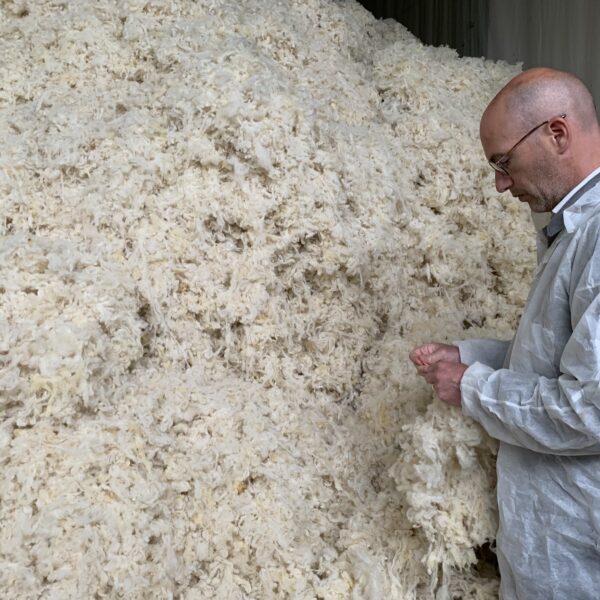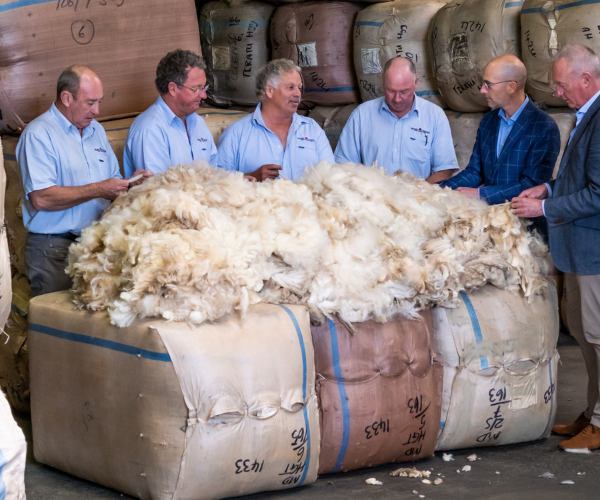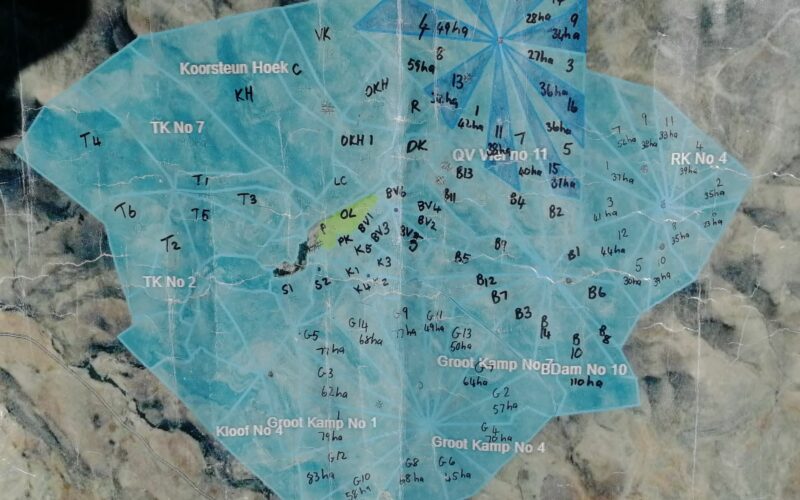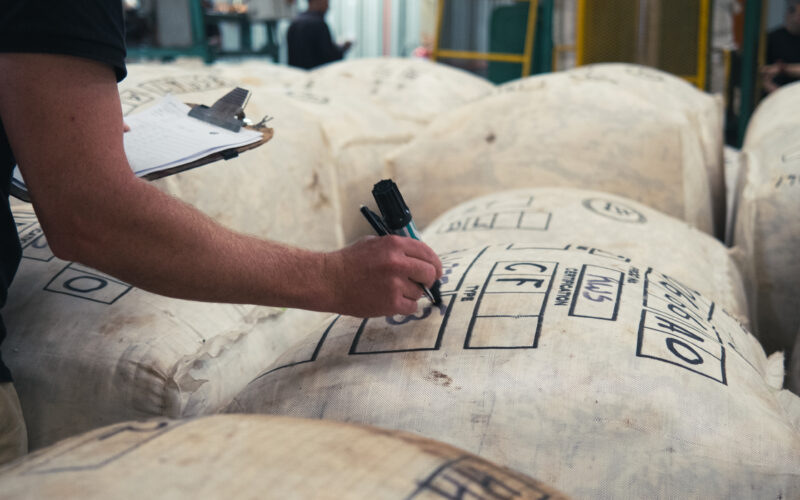Before the wool finds its way to the combing mills and spinning mills to be processed, it must first be sorted and then collected from the farmer once a year. On average, a sheep produces 1.2 kg of wool after shearing.
With over 60 breeds of sheep spread throughout France and an average of 5,300 tonnes of wool produced each year, the collection of French wool is becoming increasingly organised to revitalise the industry.
The importance of provenance
Shearing is carried out once or twice a year at the most, generally before lambing or in the spring. Once this stage is complete, the wool is collected either by the farmers themselves or by a professional who will be responsible for transporting it to the mill. The origin of the wool and the type of wool required are important criteria for collection. For example, some wools are more in demand in the furniture sector, others in the textile industry.
The origin of the raw fibre, i.e. at the farm, also plays an important role in the quality of the product. A farm where the well-being of the sheep and the quality of their environment are respected is essential. Well-treated sheep, fed as much hay and grass as possible in a large enough space, produce better quality wool.


Wool quality
The quality of the wool is just as important as its origin. Sourcing quality wool requires a good knowledge of the sector and the farm. An essential criterion during collection is to select carefully harvested wool that has been soiled as little as possible by straw or other vegetable matter.
Once the bales of French wool have been collected, they are weighed and the value estimated on the basis of the market price as well as the quality, quantity, colour and type of wool offered.
Promoting the French wool industry and wool from France
The collection of freshly shorn wool varies from farm to farm and from country to country. For example, in Yssingeaux, in the Haute-Loire region in France, farmers organise themselves to collect and sell their wool curls to a company based in the Tarn and Allier region that specialises in buying back wool. This approach is part of a drive by French sheep farmers to enhance the value of French wool, which has been neglected and unexploited for too long. Since 2016, demand for French wool has fallen drastically due to strong global competition, particularly in terms of prices and the availability of stocks from countries such as New Zealand.
Although wool selling still brings in too little for sheep farmers in France compared with the cost of shearing, it is helping to revive the wool industry and add value to a product that used to be 80% exported to China, but which is now being sold locally in France.
In the Drôme region, the Departmental Sheep Federation offers its members the opportunity to collect wool at collection points throughout the region. The advantage? Not only does it enable farmers to dispose of their wool, but it also enables them to negotiate better prices. Some 28 tonnes of wool from 73 breeders was collected in 2018!




